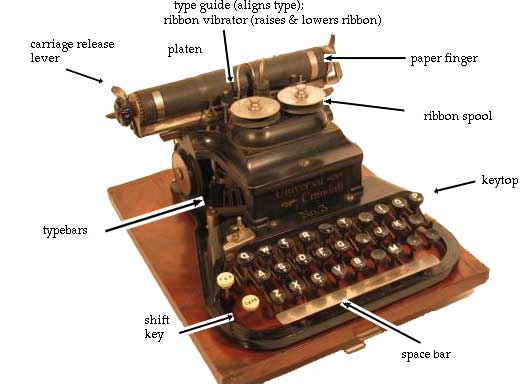By Caroline Leavitt.
This is an excerpt from interview I did on the incredible Caroline Leavitt’s site. I am still giddy about it. Pinch me! Here’s a teaser…
I first heard of Jennifer Pastiloff because everyone on Facebook was talking about her essay on dealing with her hearing loss. It was so brave, so beautifully written, that I wanted to talk to her. Jennifer also is the creator of Manifestation Yoga and Karaoke Yoga (how fun does that sound?) and she runs writing and yoga retreats. I’m so thrilled to have her here. Thank you, Jennifer!
CL: What sparked you to write such a brave essay now? Continue Reading…












